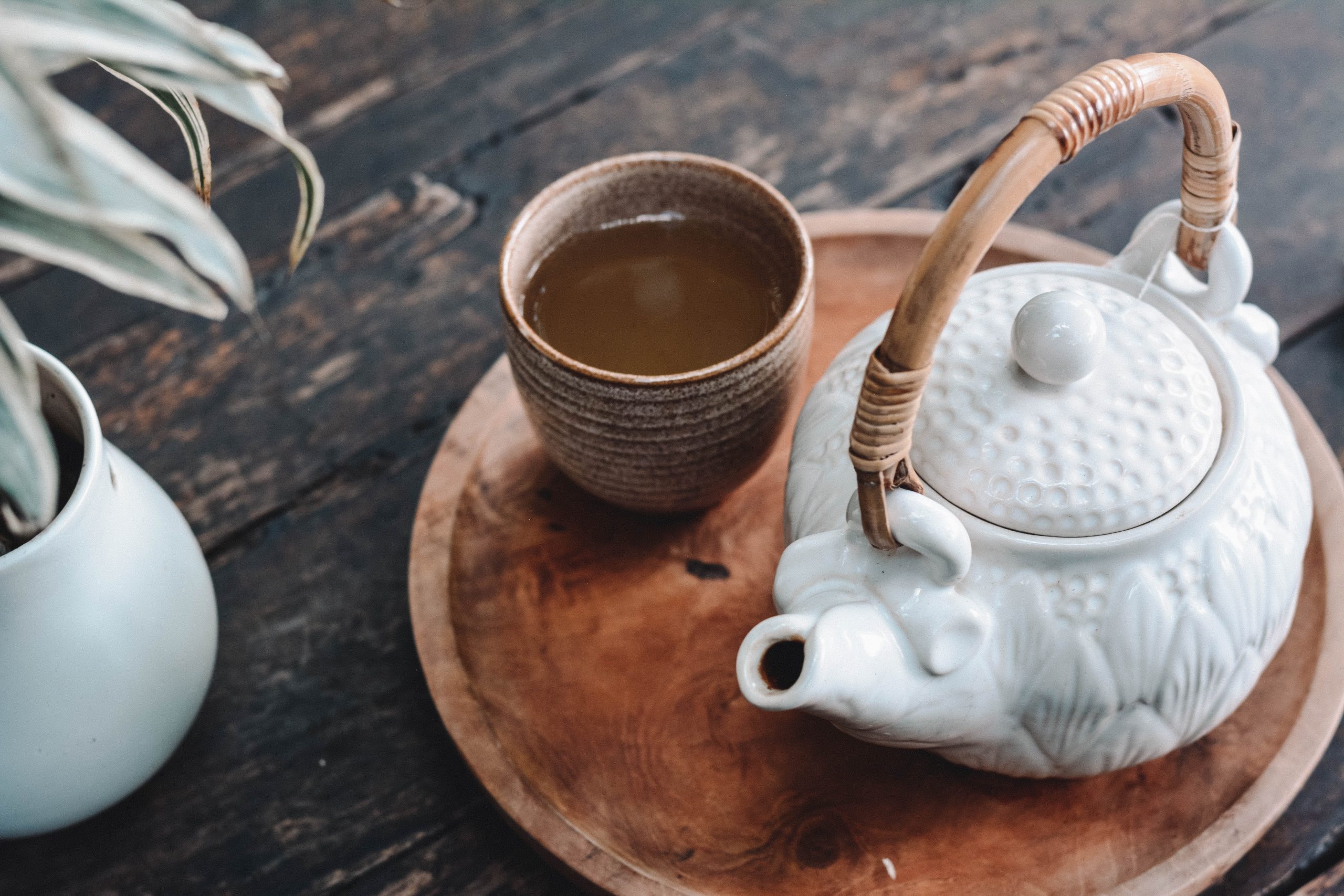Adaptogeni in nervini
Rastline in zelišča imajo številne zdravilne lastnosti: delujejo protivnetno, antioksidativno, protimikrobno, krepijo imunski sistem. Nekatere rastline, znane kot adaptogeni in nervini, zmorejo spremeniti odziv našega telesa na stres in lajšati simptome stresa. Še posebej v kombinaciji nudijo pomembno podporo ljudem, ki se soočajo s stresom in z izgorelostjo.
Adaptogeni so skupina zelišč, rastlin in gliv, ki pomagajo telesu pri prilagajanju in upiranju različnim stresorjem, tako fizičnim kot čustvenim. Adaptogeni neposredno uravnavajo in prilagajajo reakcijo telesa na stres, tako da delujejo na os hipotalamus-hipofiza-nadledvična žleza (HPA os). Prav motnja v delovanju te osi je razlog, da pride do izgorelosti.
Adaptogeni pomagajo telesu v stanje ravnovesja.
Ključne značilnosti adaptogenov so:
Nespecifično delovanje: Adaptogeni imajo širok razpon učinkov in pomagajo telesu, da se prilagodi različnim stresorjem (in ne ciljajo le na specifične simptome ali stanja).
Uravnoteženje: Adaptogeni vrnejo telo v stanje ravnovesja ali homeostaze. Pomagajo pri uravnavanju različnih fizioloških funkcij, vključno s hormonskim ravnovesjem, delovanjem imunskega sistema in nivojem energije.
Dvig odpornosti na stres: Adaptogeni izboljšajo odpornost telesa na stres s povečanjem njegove sposobnosti za obvladovanje stresorjev, zmanjšanjem negativnega vpliva stresa in spodbujanjem splošnega dobrega počutja.
Znanih je deset primarnih adaptogenov. Spodaj so našteti le nekateri najbolj znani.
Ašvaganda (Withania somnifera): Ashwagandha je eno najbolj znanih adaptogenih zelišč. Tradicionalno se uporablja v ajurvedski medicini za pomoč telesu pri soočanju s stresom, spodbuja mentalno jasnost in povečuje vitalnost. Prav tako podpira delovanje imunskega sistema in splošno dobro počutje.
Rodiola (Rhodiola rosea): Rhodiola se pogosto uporablja za povečanje energije, zmanjševanje utrujenosti ter izboljšanje duševne in telesne zmogljivosti. Znana je tudi po tem, da podpira odziv telesa na stres in pomaga pri anksioznosti in depresiji.
Ginseng: Ginseng je priljubljeno adaptogeno zelišče, ki je na voljo v različnih oblikah, kot sta ameriški ginseng (Panax quinquefolius) in azijski ginseng (Panax ginseng). Znan je po svojem potencialu za povečanje energije, izboljšanje kognitivnih funkcij in izboljšanje odpornosti na stres.
Sveta bazilika (Tulsi): Sveta bazilika, znana tudi kot Tulsi, je adaptogeno zelišče, ki se uporablja v ajurvedski medicini. Pomaga zmanjšati stres, spodbuja mentalno jasnost in podpira splošno dobro počutje. Tulsi je znan tudi po svojih antioksidativnih in protivnetnih lastnostih.
Nervini se tradicionalno uporabljajo za lajšanje simptomov stresa in podporo živčnemu sistemu.
Nervini so skupina zelišč, ki podpirajo zdravje in delovanje živčnega sistema. Znani so po svojih pomirjujočih in sproščujočih lastnostih. Uporabljajo za spodbujanje sprostitve, zmanjšanje tesnobe in živčnosti ter podpiranje kakovosti spanja.
Tole so nekateri od najbolje poznanih nervinov:
Kamilica: Kamilica je znana po svojih nežnih pomirjevalnih lastnostih in se pogosto uporablja za spodbujanje sprostitve, umirjenosti in boljšega spanca. Pomaga lahko tudi pri prebavnih težavah, povezanih z živčnostjo.
Navadna melisa: Melisa deluje pomirjujoče na živčni sistem in se uporablja za lajšanje tesnobe, spodbujanje sprostitve in izboljšanje razpoloženja. Znana je tudi po svojih blagih antidepresivnih lastnostih.
Zdravilna pasijonka: Pasijonka se običajno uporablja za lajšanje tesnobe, živčnosti in nespečnosti. Lahko pomaga povečati raven gama-aminobutiratne kisline (GABA), nevrotransmiterja, ki spodbuja sprostitev.
Baldrijan: Korenina baldrijana se že stoletja uporablja kot naravni uspavalec in blago pomirjevalo. Pomaga izboljšati kakovost spanja in zmanjša živčno napetost.
Čeladnica: Čladnica se uporablja za pomiritev uma, zmanjšanje tesnobe in spodbujanje sprostitve. Še posebej je koristen za posameznike, ki doživljajo nemir ali imajo težave s spanjem zaradi nenehno prisotnih hitečih misli.
Sivka: Sivka je dobro znana po svoji pomirjujoči aromi in se uporablja za zmanjšanje tesnobe, spodbujanje sprostitve in izboljšanje kakovosti spanja. Uporabljamo jo lahko v obliki eteričnega olja, čaja ali jo nanesemo na kožo v obliki kreme.
Nervine lahko uživamo v različnih oblikah, kot so zeliščni čaji, tinkture, kapsule ali kot sestavine zeliščnih pripravkov.
Zdravilni učinki zelišč so del moje strategije zdravljenja. Več o metodi mojega dela najdete tukaj.

Cilj terapije izgorelosti je uravnavanje centralnega živčnega sistema. To ni lahek proces in praviloma je potrebnega veliko časa in potpežljivosti za dosego cilja. Adaptogeni in nevrini nas lahko (predvsem v kombinaciji) nežno podpirajo na poti do ozdravitve.
Za več informacij o mojem programu proti izgorelosti Moč, kliknite tukaj.
